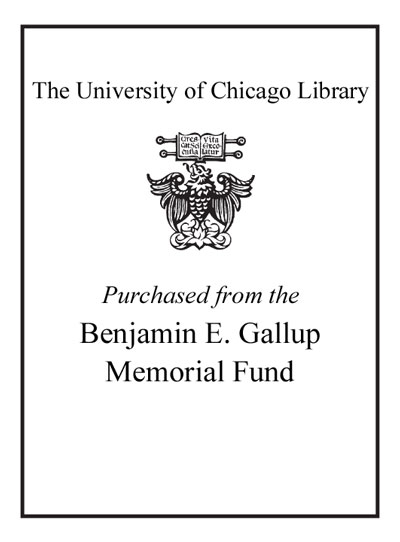Review by Choice Review
De Cunzo's richly detailed book sets out a broad framework for the archaeology of the "cultures of agriculture." Her primary focus is the 19th and early 20th centuries and the changes wrought for Delaware farmers by distant forces of global markets and local ideas of farm improvement. De Cunzo (anthropology, Univ. of Delaware) sees these acting through "culture brokers," local elites who imported to rural communities both the products of the global system and ideas of refinement and improvement. The author straddles the divide between applied preservation archaeology and purely academic research by describing the broad interpretive frameworks and research contexts that she helped to develop for preservation-oriented historical archaeology in Delaware. This discussion frames a historically detailed and contextualized archaeological analysis of six farmsteads and the families that inhabited them. Through De Cunzo's very individualized and ethnographic case studies, we learn how people from the very wealthy to poor African American farm laborers organized the space on their house lots, set their tables, and variously created Delaware's cultures of agriculture. This book is an important addition to collections in historical archaeology, agricultural history, historic preservation, and the mid-Atlantic region. ^BSumming Up: Highly recommended. Upper-division undergraduates and above. D. B. Landon University of Massachusetts at Boston
Copyright American Library Association, used with permission.
Review by Choice Review

